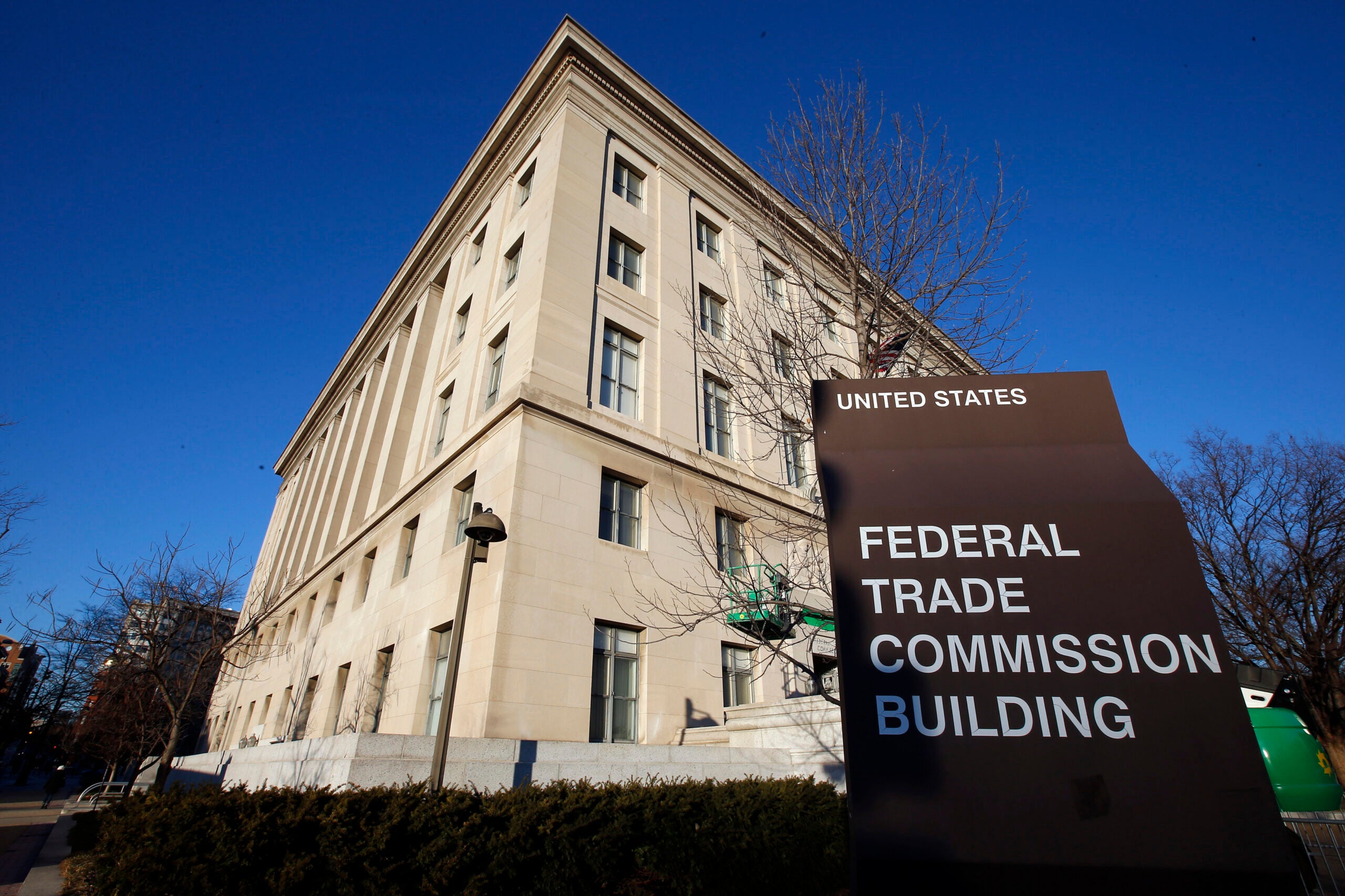Some businesses want to tweak the system Wisconsin’s century-old worker’s compensation system that’s often considered a national model.
Possible changes could make it more difficult for injured workers to get care.
The changes could be in a bill that surfaces as early as this fall. What’s in it could largely be up to an advisory council divided between labor and management. Jeffrey Beiriger, who represents business on the advisory council, said at a legislative committee hearing that the time frame for getting care after an injury should be shortened.
Stay informed on the latest news
Sign up for WPR’s email newsletter.
“Twelve years after they’re injured they can still make claims for continued medical coverage,” said Beiriger. “We’re an outlier there. Most states are at 3 [years].”
Businesses are also concerned about fraud.
“We’ve all seen the sensational stories of somebody on worker’s comp [who get] caught chopping wood in the back yard,” said Chris Reader of Wisconsin Manufacturers and Commerce at the hearing.
The state’s Department of Workforce Development doesn’t know how prevalent fraud is. Insurers – the ones paying the bills – insist it is minimal and that they have worked hard to prevent it.
What labor and management agree on is the high cost of treating injured workers. Wisconsin caps excessive health provider fees, but other states use a strict fee structure. Ron Kent, who represents labor on Wisconsin’s advisory council, says this results in a third of doctors refusing worker comp patients in Texas.
“Remember, workers are not required to take worker comp cases,” says Kent. “They have the option of saying yes or no.”
Providers like the Wisconsin Medical Society and Wisconsin Chiropractic Association are involved in talks to lower health costs.
Wisconsin Public Radio, © Copyright 2024, Board of Regents of the University of Wisconsin System and Wisconsin Educational Communications Board.







